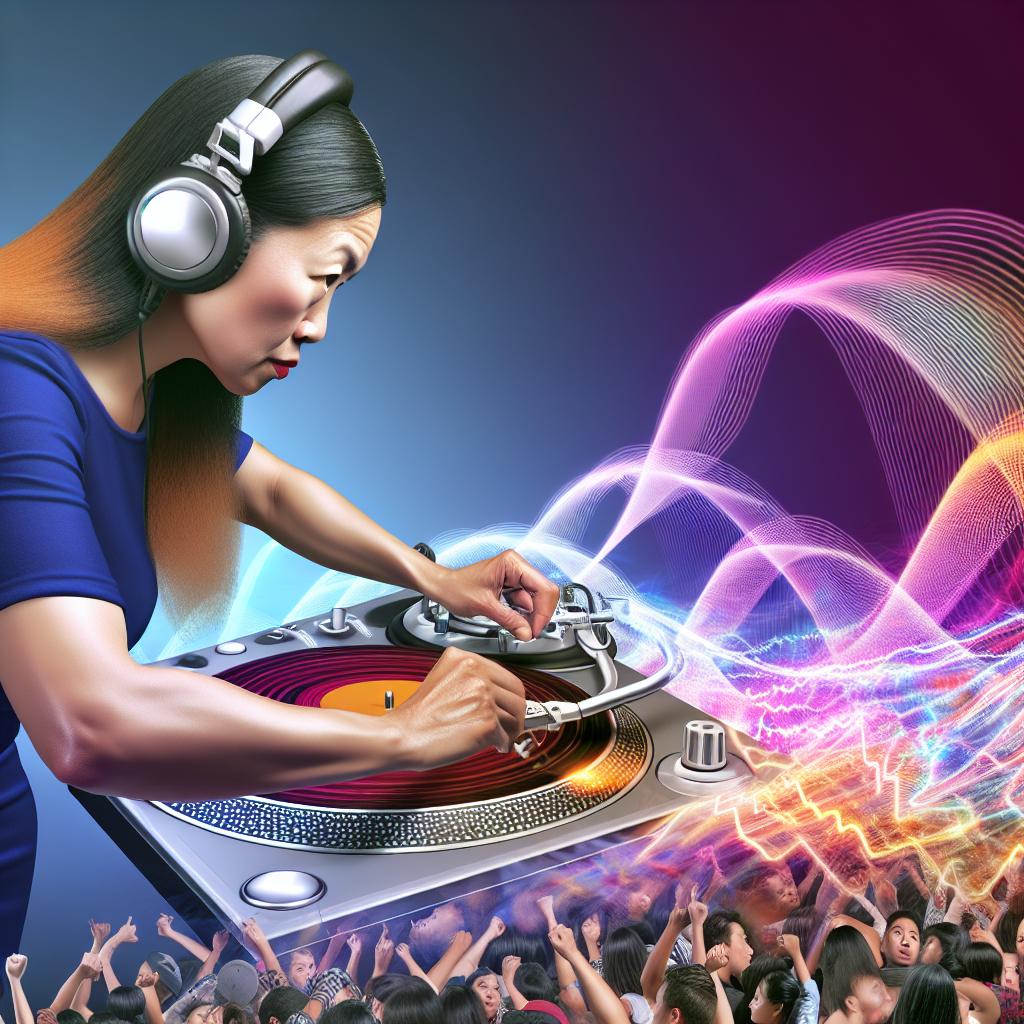The Origins of Hip Hop DJing
The history and development of hip hop as a cultural and musical phenomenon is deeply intertwined with the pioneering efforts of its early DJs. Emerging in the Bronx during the early 1970s, influential figures like Kool Herc, Grandmaster Flash, and Afrika Bambaataa spearheaded innovations by isolating and extending the instrumental breaks of popular songs. This creative initiative not only changed the way music was experienced but also catalyzed the birth of breakdancing, securing the break’s centrality in hip hop culture.
The DJ as a Performer
In the nascent stages of hip hop, the DJ’s role evolved far beyond merely playing records. Unlike their counterparts in traditional radio settings, hip hop DJs became performers with unique artistic responsibilities. Through techniques like scratching, beat juggling, and seamless mixing, DJs transformed live performances into dynamic and intricate soundscapes. These creative endeavors facilitated the development of distinctive sonic identities, crucial in influencing the future trajectory and sound of hip hop music.
Scratching and Beat Juggling
Among the innovative techniques perfected by DJs, scratching emerged as a defining feature of hip hop. This technique involves the manual manipulation of a vinyl record, moving it back and forth on a turntable to produce a unique rhythmic sound. The advancement of scratching as an art form is widely credited to Grand Wizzard Theodore. Parallelly, beat juggling, which requires the DJ to manipulate beats to form new rhythmic patterns, showcased the impressive dexterity and inventiveness of hip hop DJs. Both techniques reinforced the DJ’s importance and showcased their creativity within the genre.
Technological Advancements and the DJ’s Influence
The world of DJing has been significantly transformed by technological advancements over the years. Initially rooted in analog practices, the introduction of digital audio workstations (DAWs) and software like Serato and Traktor marked a pivotal shift towards digital tools. Such technology provides DJs with access to an extensive array of sounds and effects, enhancing their creative possibilities beyond traditional limitations.
Impact on Production and Sound
With the evolution of DJing techniques and technological progress, many renowned DJs naturally transitioned into music production. Influential figures like Dr. Dre and DJ Premier are exemplars of this progression, shifting from mastery at the turntables to producing iconic tracks in studios. Their dual proficiency as DJs and producers significantly contributed to defining the unique sound of hip hop, characterized by its innovative use of sampling, complex beat structures, and rhythmic flows. The practice of sampling diverse music genres opened new avenues for hip hop, making it a rich, global cultural phenomenon.
Linking DJ Culture to Modern Hip Hop
The contemporary landscape of hip hop continues to reflect the persistent influence of its pioneering DJs. The utilization of sampling and fusion of varied musical styles illustrate the lasting impact of these early innovators. While the role of DJs has undoubtedly evolved with time and technology, their contributions remain paramount within hip hop culture. DJs consistently push the genre’s boundaries, embracing new technologies to explore novel artistic possibilities. For those interested in further understanding the evolution of hip hop and the contributions of its key figures, accessing resources from reputable music institutions and scholarly articles is recommended.
The legacy and ongoing contributions of hip hop DJs underscore the genre’s dynamic nature and their foundational role in it. As hip hop culture continues to grow and adapt, the involvement of DJs promises to remain integral to its evolving narrative. With every technological advancement and cultural shift, DJs continue to be the driving force behind hip hop’s innovation, ensuring their artistry and influence will endure for future generations.


